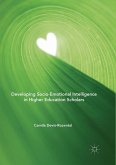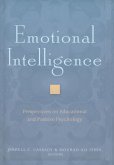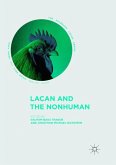This book explores humanising practice within higher education (HE). It provides a fresh perspective by bringing together expert voices with empirical experience of humanising theory and practice in various areas of higher education, in order to influence and improve the way in which universities work.
The book draws on Todres et. al's humanisation framework, as well other relevant theories such as positive organisational scholarship, Vygotsky's socio-cultural theory and socio-emotional intelligence. Topics include micro elements of humanisation such as transitions and the student experience, and macro elements such as the policy impact of humanising HE and sustainability. The authors demonstrate how a humanising approach can provide the catalyst for wider change and help to improve wellbeing in the community. This book offers an invaluable resource for scholars interested in teaching and learning in HE, and for HE practitioners and policy makers keen to develop a more human practice.
The book draws on Todres et. al's humanisation framework, as well other relevant theories such as positive organisational scholarship, Vygotsky's socio-cultural theory and socio-emotional intelligence. Topics include micro elements of humanisation such as transitions and the student experience, and macro elements such as the policy impact of humanising HE and sustainability. The authors demonstrate how a humanising approach can provide the catalyst for wider change and help to improve wellbeing in the community. This book offers an invaluable resource for scholars interested in teaching and learning in HE, and for HE practitioners and policy makers keen to develop a more human practice.








